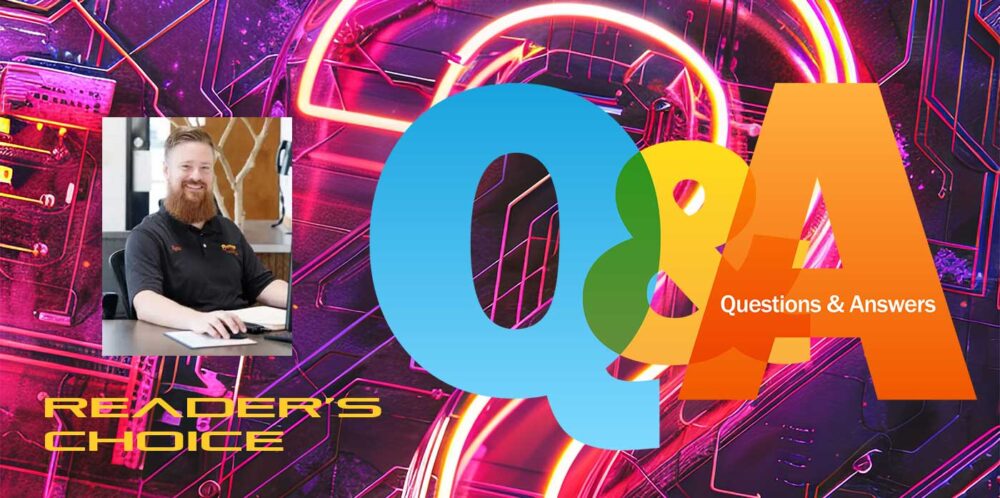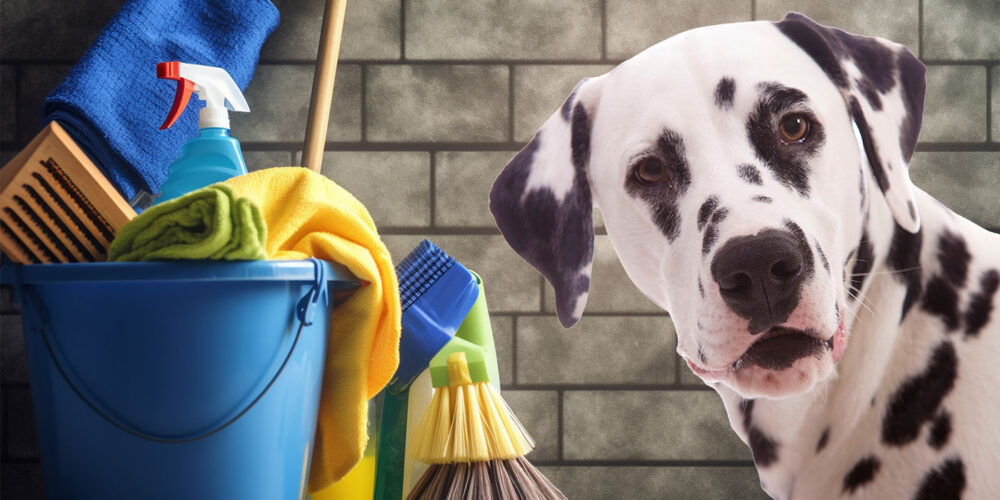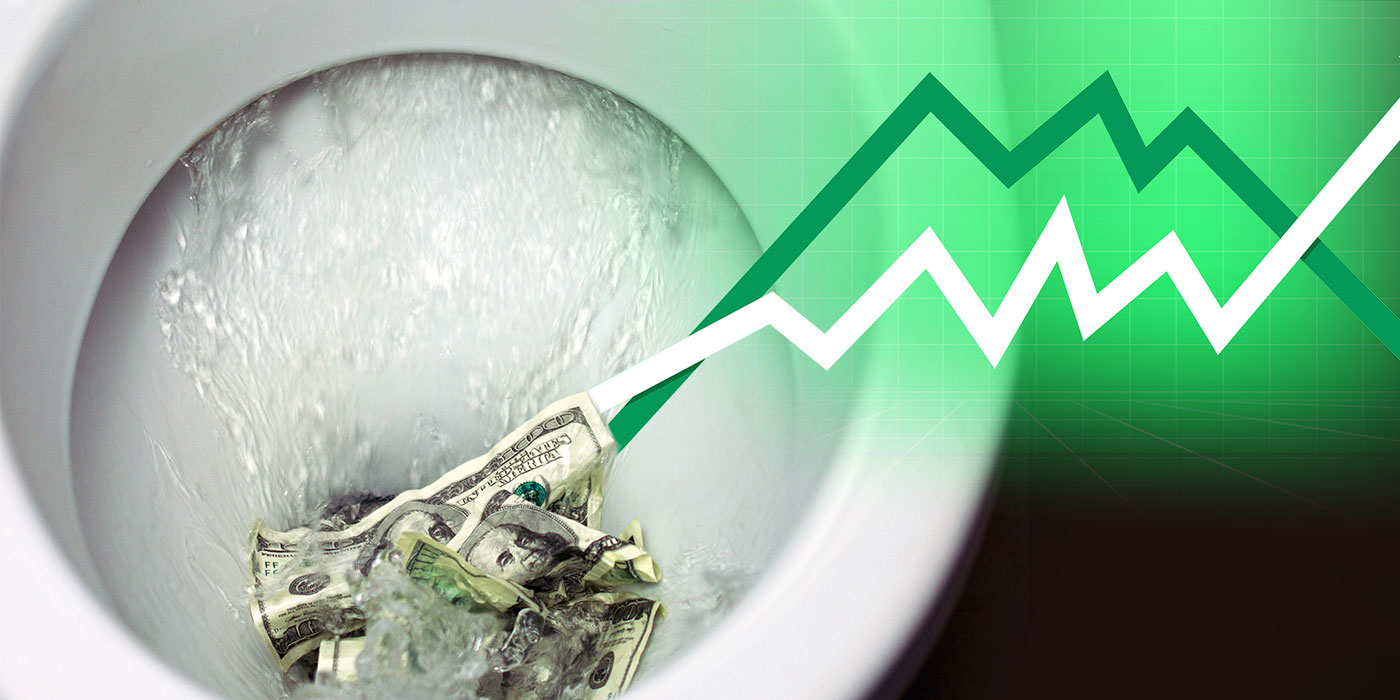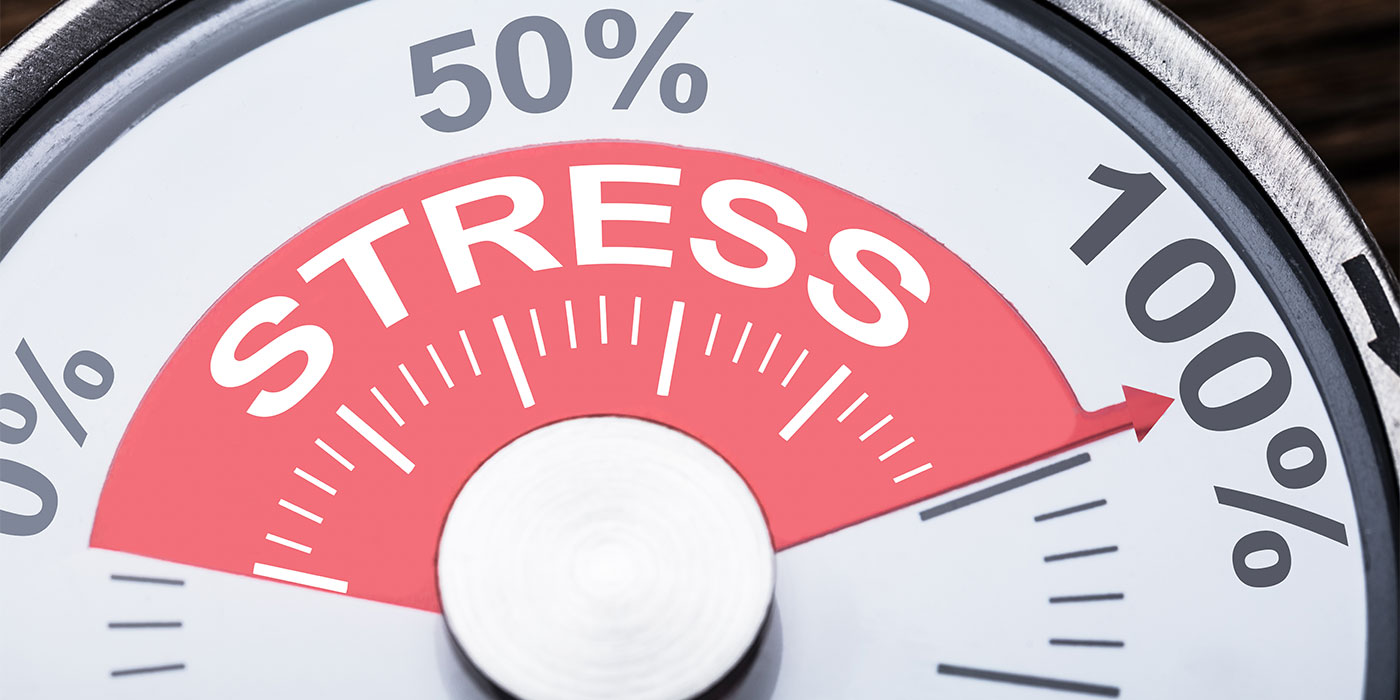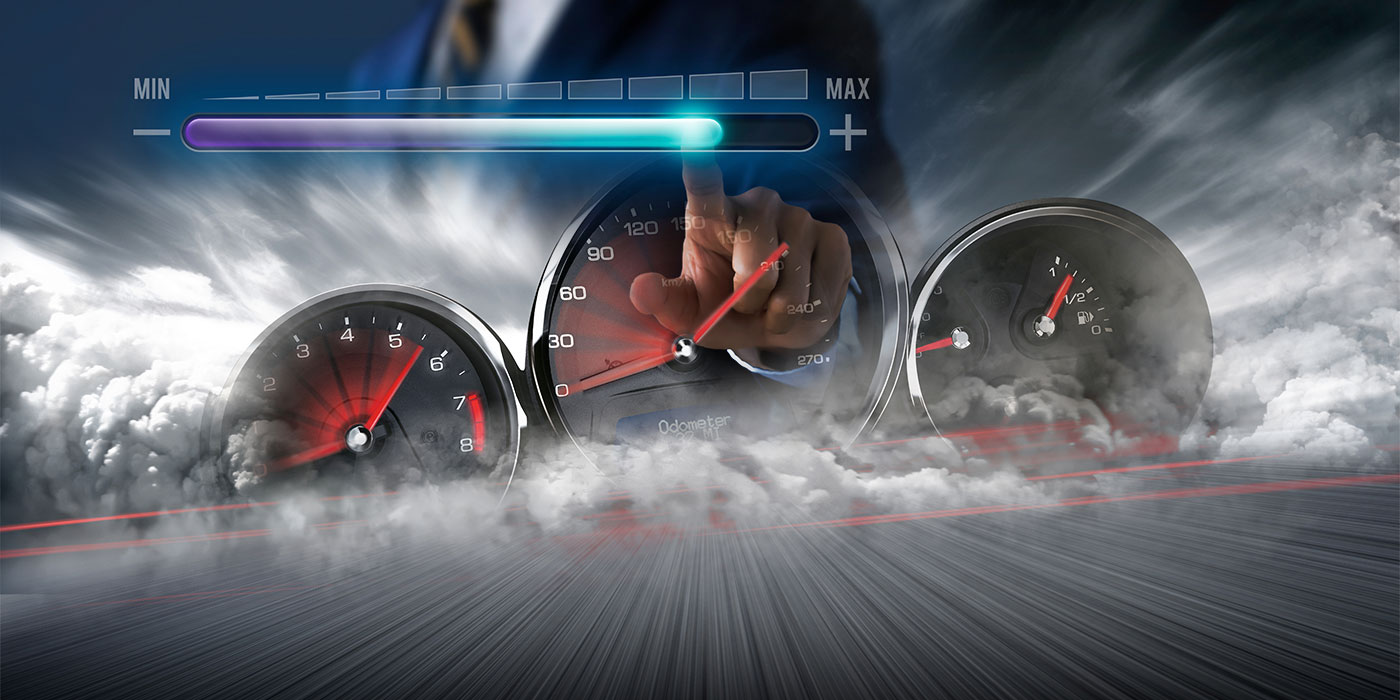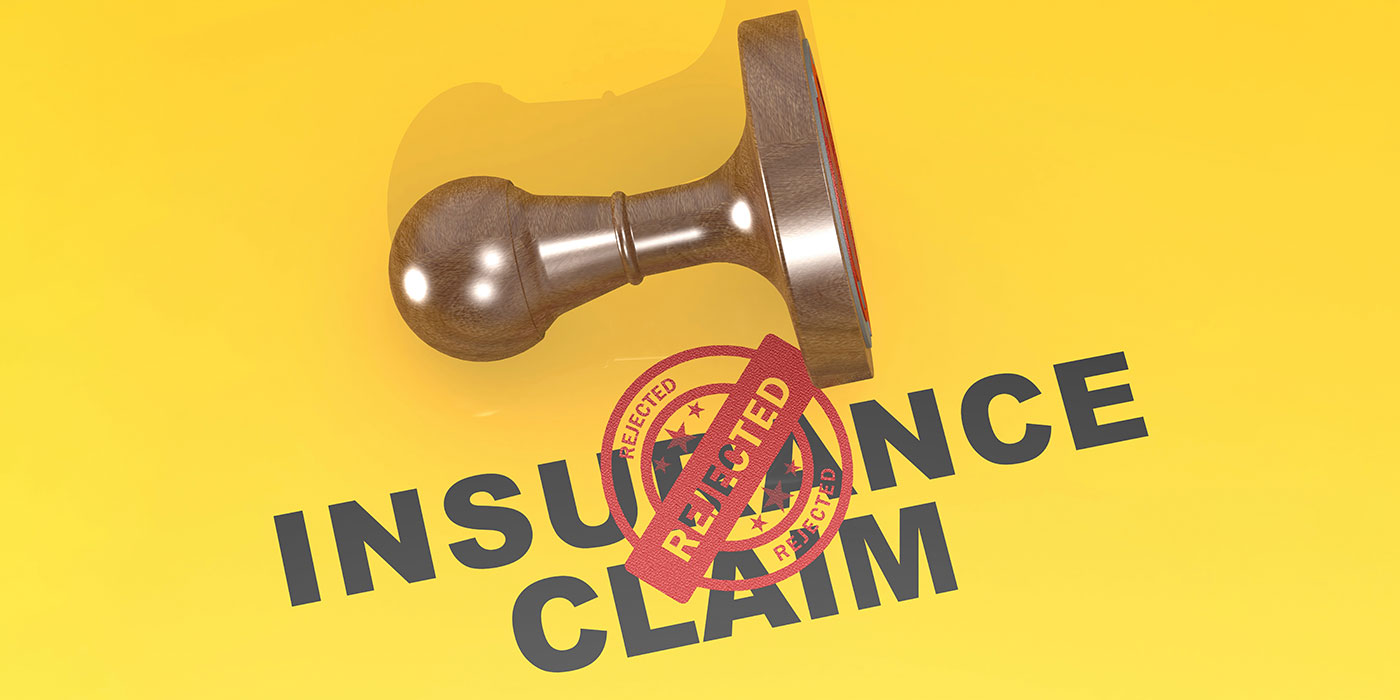“When will insurer DRPs end and car manufacturers dictate where the car gets repaired? Are shops ready to work for the car manufacturers? I predict this will happen in the near future, and I’m worried this will change the industry — and not for the good. We’re seeing more and more car manufacturers rolling out OE certifications in a push to make sure shops are equipped with the right tools and I-CAR training. For years, the collision industry has frowned upon the insurance DRPs. We have independent and dealer shops pushing out the insurance partnerships in favor of non-DRP work. While that sounds great, and I agree with most about the benefits of non-insurance partnerships, we have to look at new car dealers and what they face when dealing with the car manufacturers. I can paint the picture: suppressed part markups, suppressed repair labor, subscription costs, etc. If the auto manufacturers hold the keys and have the power, the shops will suffer.” — Ryan Will, estimator/manager, Barry’s Paint Shop, Ephrata, Pa.
Direct Repair Programs (DRPs) are here to stay, and OEM certifications and repair procedures are not going to go away. The vehicles themselves are dictating the need for OEM training and involvement. With the electric vehicle (EV) market and advanced driver-assistance systems (ADAS), it has become necessary for the repairer to seek additional training and equipment to repair today’s modern vehicles correctly.
It’s possible that the industry will see a transformation in the DRP model in the future that will require an OEM certification to be part of an insurer’s program. Collision repairers will need to invest in their own future by looking ahead and obtaining the required equipment and training to move them into the next age of collision.
The OEMs are not interested in taking over the collision industry — not by a long shot. They’re concerned with their brands — and they should be — so controlling certain structural parts is necessary to keep their customers safe and coming back to their brands. DRPs are different in that the insurers are still going to be trying to control the repair process and save money. So the industry, even though it is changing, will remain much the same with regards to DRPs.
As far as the OEMs are concerned, they had to do something to stop their vehicles from being repaired with unsafe methods. I’m happy to see somebody requiring more than a MIG welder and paint booth to call himself or herself a collision repair expert, and this is exactly what the OEMs are doing.
As far as DRP or OEM, the choice is yours. Why not both?

